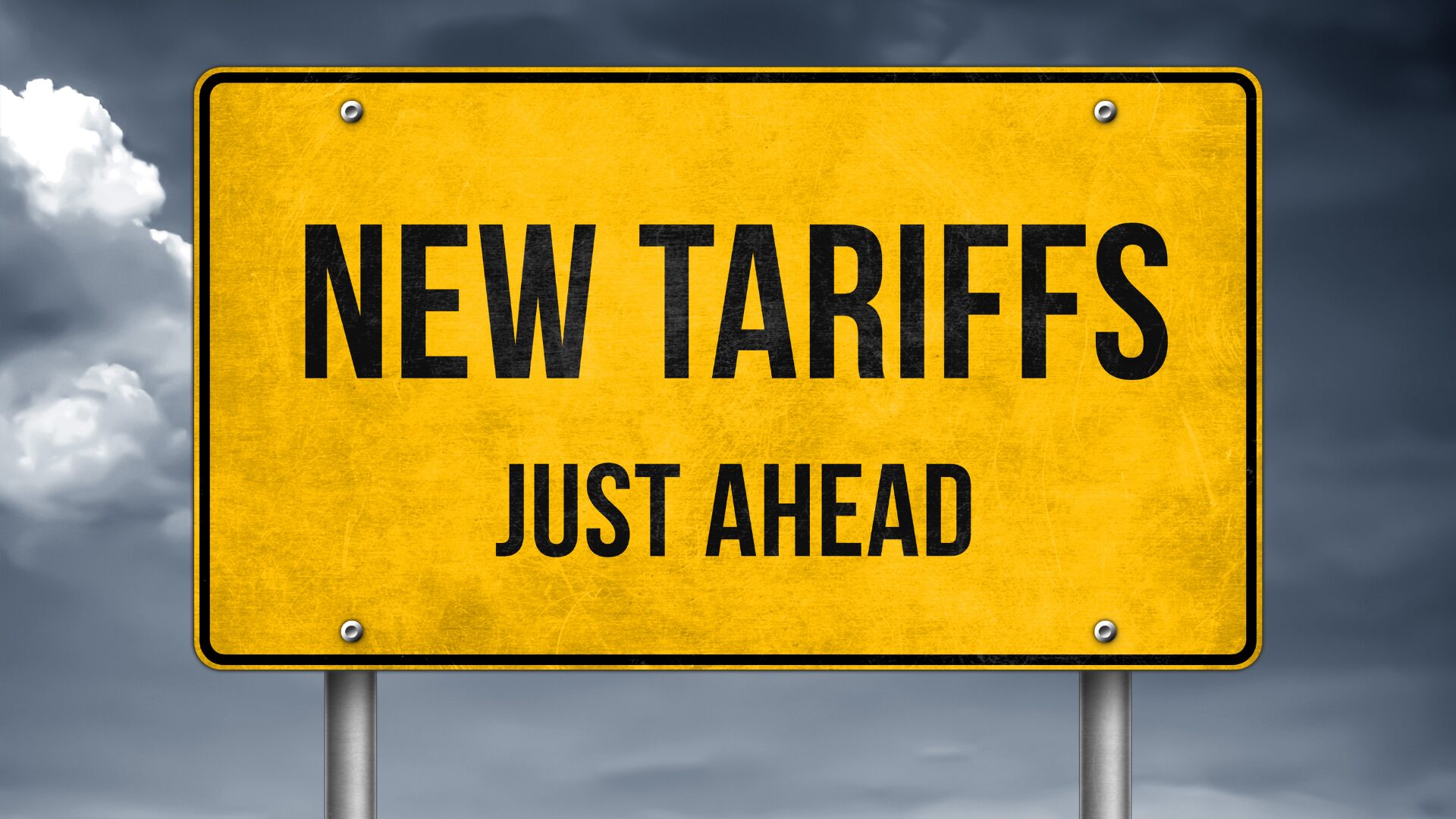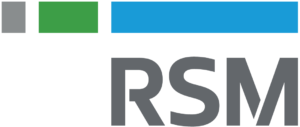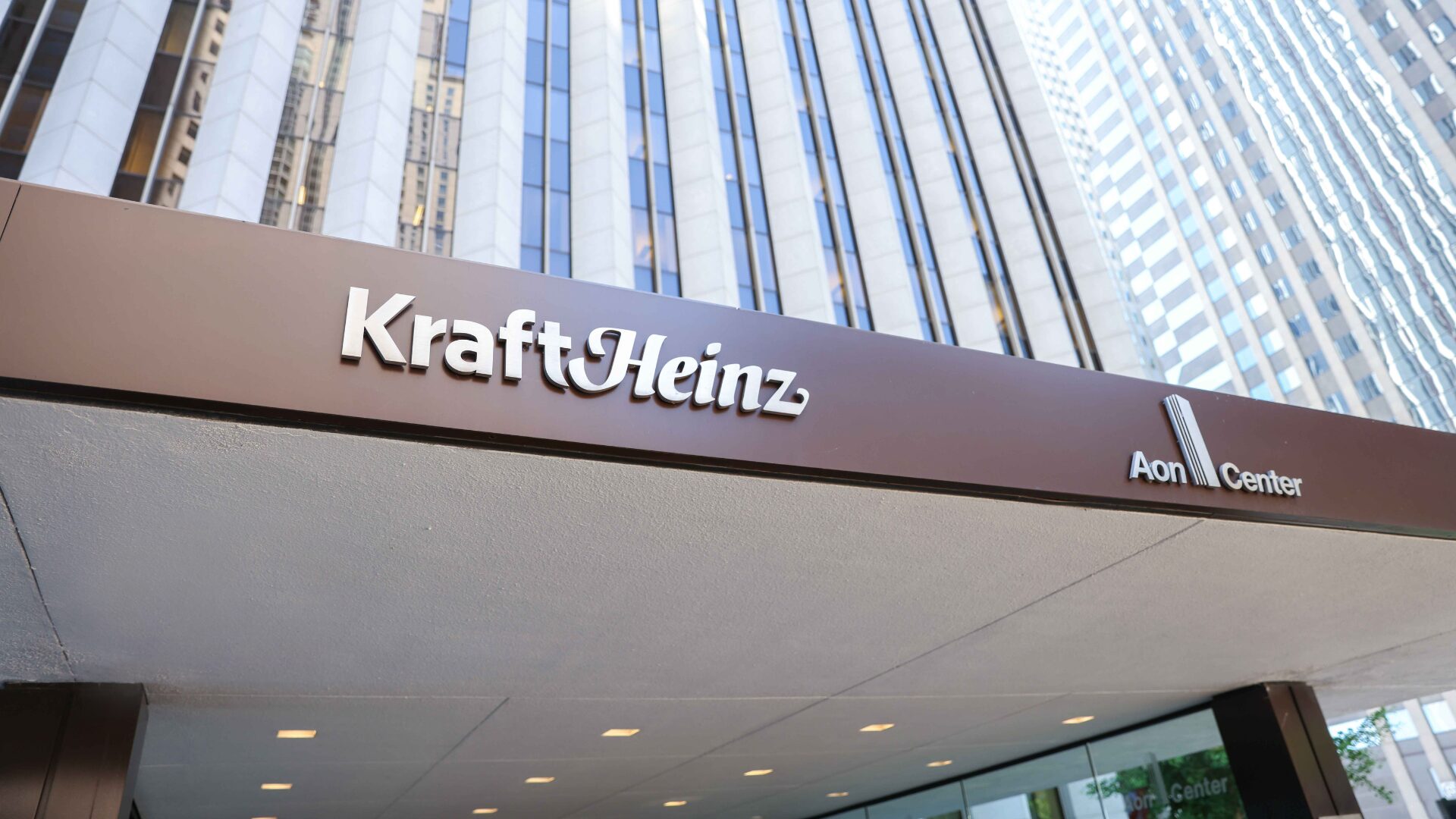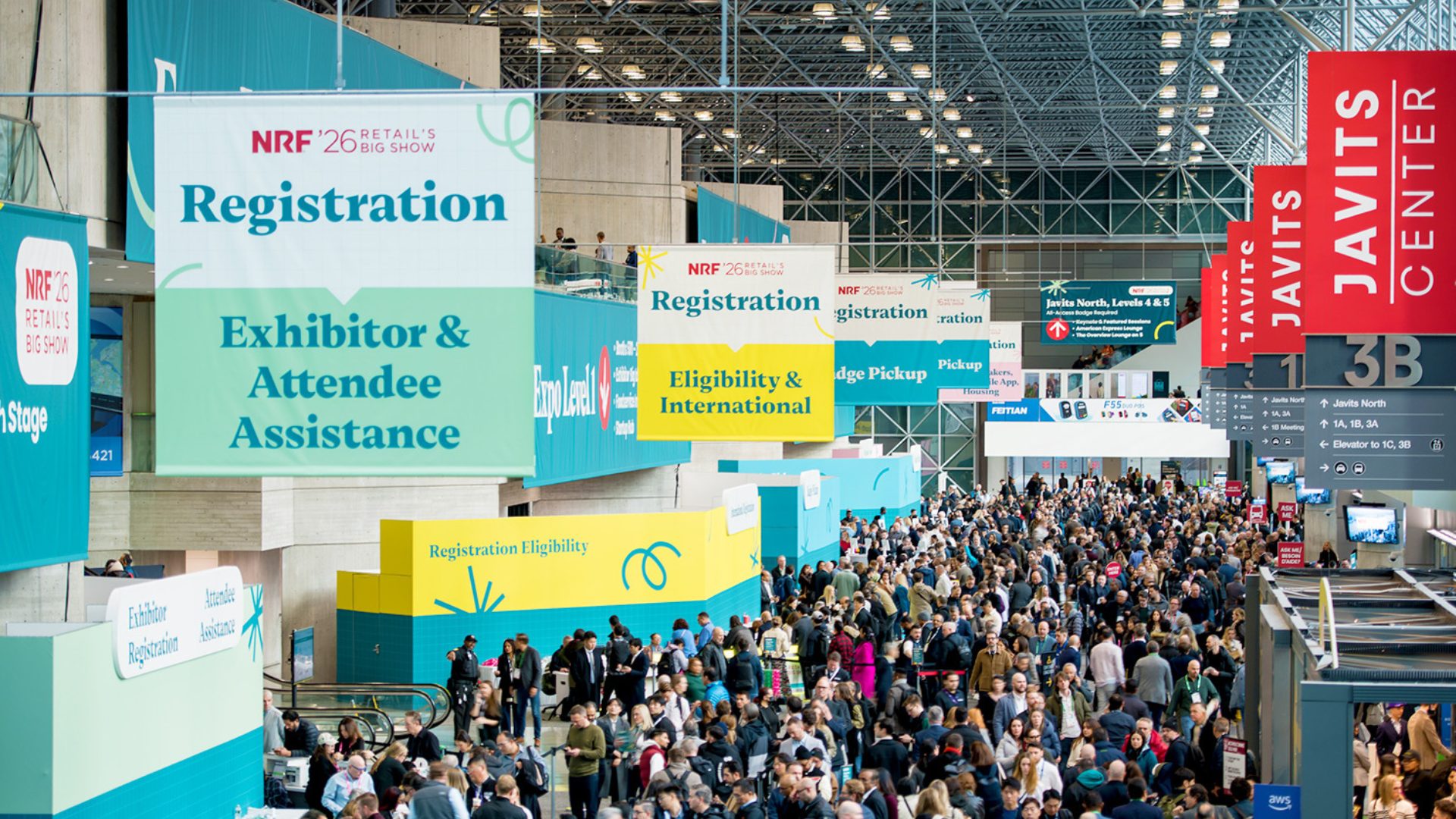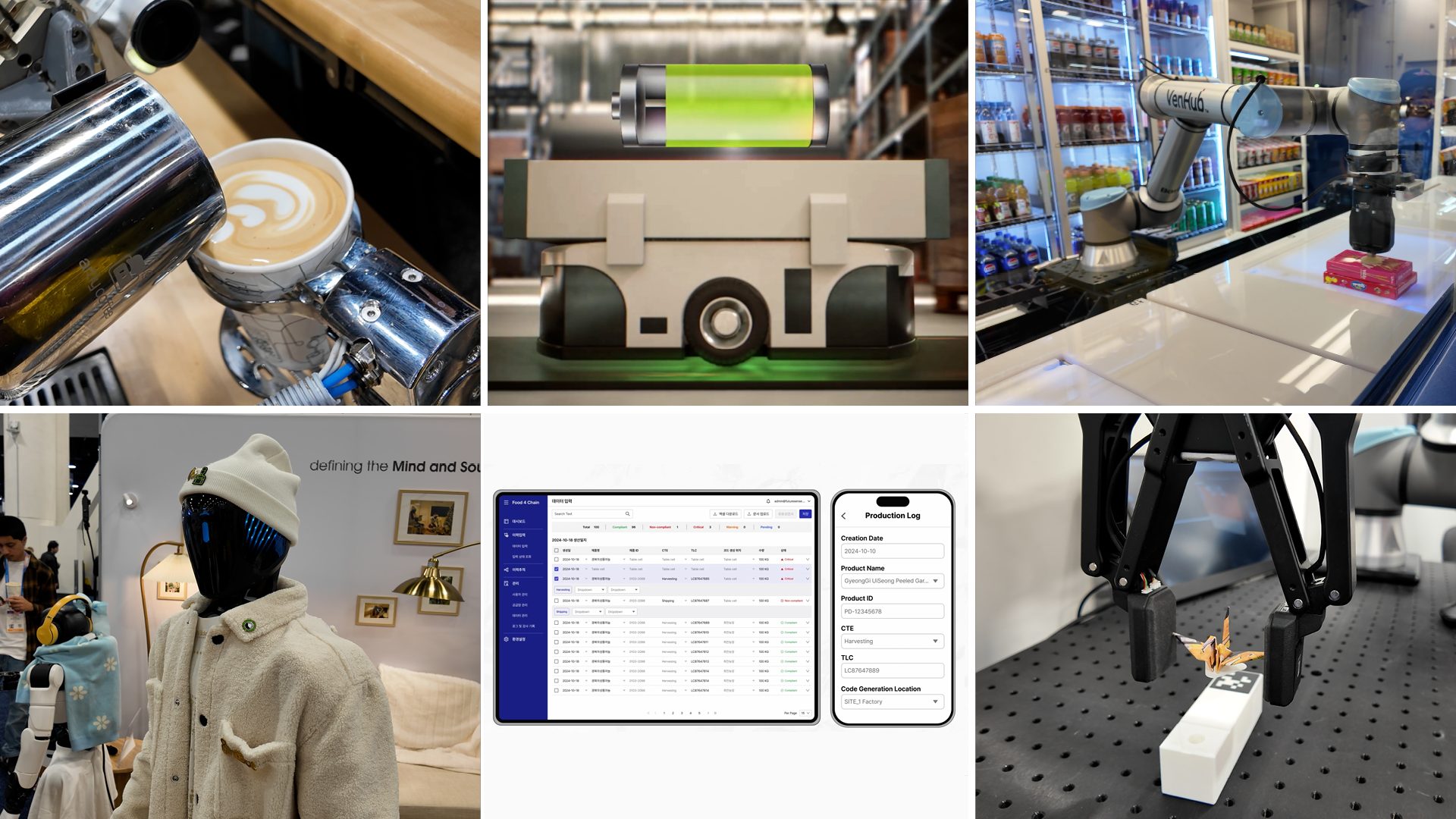This article is sponsored and written by RSM US LLP.
The U.S. could experience a surge in import tariffs across the board once president-elect Donald Trump takes office. Additional double-digit increases on Chinese origin products could also be levied.
Existing U.S. statutes grant the president largely unchecked powers to set tariffs it deems appropriate to protect the U.S. economy and national security. This means that tariffs can be implemented without Congressional approval. If these tariffs come to fruition, importers, distributors, manufacturers, retailers and consumers could see an increase in the cost of imported goods, including food.
While many may think that the food industry will not be greatly impacted by possible import tariffs, it is important to note that the U.S.’s reliance on food from abroad has grown over the years.
In fact, imported seafood makes up 94% of U.S. annual consumption. Additionally, according to the United States Department of Agriculture, China supplies two-thirds of U.S. apple juice. Having enhanced tariffs could lead to higher operating costs which negatively impact margins. Those higher costs could be passed on to the consumer.
Fortunately, food and beverage companies, as well as other businesses, can proactively choose from and deploy several well-proven tariff reduction programs to counter anticipated challenges. Managing the impact of tariffs requires strategic planning.
Multiple well-established customs and trade programs can lessen tariff burdens and drive competitive advantage. They include leveraging the following:
- Bonded warehouses: Products may be shipped and stored in a secure facility under U.S. Customs and Border Protection (CBP) supervision for up to five years without paying tariffs and fees until they are formally entered into U.S. commerce. Importers may repackage, sort or label imports but may not undergo manufacturing operations unless under specific circumstances approved by U.S. Customs.
- Foreign-trade zones: These zones allow users to defer, reduce or eliminate tariffs. Imported goods can be shipped to a designated area within a country for activities such as storage, assembly, manufacturing, packing and labeling without needing to pay tariffs until they are formally imported. Any materials or finished goods that are exported are not subject to tariffs.
- Temporary import bonds: Goods imported for repairs, testing and further manufacturing that will be exported can bypass tariffs for a maximum of three years.
- Duty drawback: Companies can recoup 99% of tariffs and other fees paid to CBP on imported goods that are later exported, including materials used to produce exported goods. Companies must provide proof of tariffs originally paid as well as proof of export.
Additional options include adjusting key tariff drivers such as tariff classification, merchandise valuation and country of origin. The following are some examples:
- Reviewing tariff classifications may result in finding a more appropriate tariff code that has a lower tariff rate. Part of this process may include altering the condition of goods before importation, which imparts the qualities of an alternate tariff code.
- Assessing the applicability of the “first sale rule” may lower the customs value of imported goods that may have been part of several transactions with interim buyers. This rule allows importers to use the price paid in the first (or earlier) sale of the goods (e.g., the transaction between the manufacturer or supplier and the middleman), rather than the sale between the middleman and the buyer, as the imported value.
- Analyzing the country of origin can help companies reduce tariffs by determining that goods qualify for preferential tariff rates under free trade agreements or other trade programs. This means importers can capitalize on lower duty rates or duty-free treatment for eligible products.
Companies should analyze their current import footprint, quantify the increased costs and identify the best tariff planning opportunities. Implementing any of these strategies can help companies better navigate the complexities of a high-tariff environment by improving cash flow, reducing cost and enhancing competitiveness.
For more, check out RSM’s trade and tariff advisory services page for additional resources and insights on this topic.
RSM US LLP
RSM US LLP, has a robust practice supporting food and beverage brands across worldwide with a wide range of audit, tax and consulting services. The clients we serve are the engine of commerce and economic growth, and we are focused on developing leading professionals and services to meet their evolving needs in today’s ever-changing business environment. RSM US LLP is part of RSM International, a global network of independent firms with 48,000 people across 120 countries. For more information, visit https://rsmus.com/, follow us on Twitter and/or connect with us on LinkedIn.


